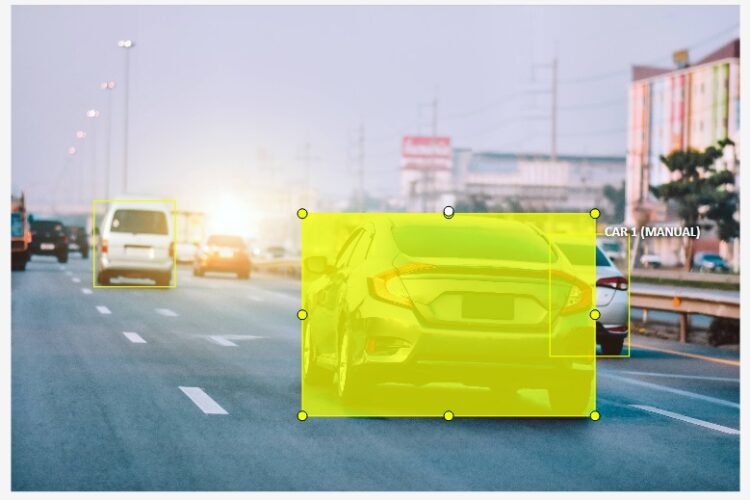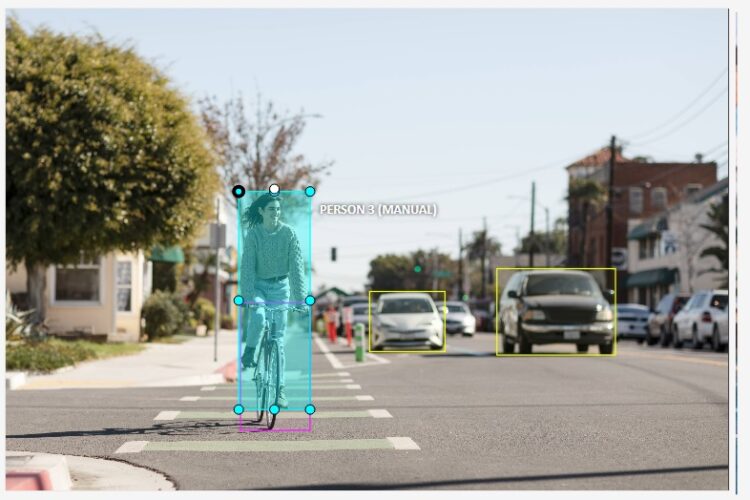The Role of Human Annotators in AI: Why Human Intelligence Still Matters
The Role of Human Annotators in AI: Why Human Intelligence Still Matters
Artificial intelligence (AI) and machine learning (ML) have transformed industries, from healthcare to e-commerce, with their ability to process vast amounts of data and make predictions at scale. However, behind every successful AI model lies a critical but often overlooked component: human intelligence. While AI can process data at lightning speeds, the role of human annotators remains indispensable in creating the high-quality, context-rich datasets that AI relies on.
This blog explores why human intelligence is still essential in the AI development process and how human annotators add value to the creation of accurate, ethical, and effective AI systems.

Understanding Context and Nuance
AI excels at identifying patterns but often struggles with understanding context and nuance, especially in complex scenarios. Human annotators bring a level of comprehension that AI cannot replicate, enabling them to make judgments based on cultural, linguistic, and situational knowledge.
Examples of Nuance in Annotation:
- Sentiment Analysis: Determining whether a text expresses sarcasm, humor, or subtle negativity often requires human understanding of cultural and contextual cues.
- Medical Imaging: In healthcare, identifying subtle anomalies in medical images, such as early-stage tumors, demands human expertise and attention to detail.
- Natural Language Processing (NLP): Labeling dialects, idioms, or ambiguous phrases in text requires annotators with linguistic expertise.
Why It Matters: Without human intervention, AI models risk misinterpreting or missing important details, leading to errors in predictions and outcomes.
Ensuring Accuracy in Complex Tasks
AI’s performance is only as good as the data it is trained on, making accuracy in annotation critical. Human annotators are capable of:
- Correcting errors in automated annotations.
- Applying domain-specific knowledge to ensure precise labeling.
- Adapting to the unique requirements of different industries, such as automotive, finance, or education.
Case Study: Autonomous Vehicles In self-driving cars, precise annotation of objects like pedestrians, road signs, and lane markings is crucial. Human annotators ensure that datasets include edge cases, such as unusual weather conditions or rare traffic scenarios, which automated systems might overlook.
Handling Ambiguity in Data
Not all data is straightforward. Ambiguous images, audio clips, or text samples often require human judgment to interpret. Annotators apply critical thinking to resolve uncertainties that AI might misclassify or ignore.
Examples of Ambiguity:
- Overlapping Objects in Images: Human annotators can accurately label objects that are partially obscured or overlapping, a challenge for many AI algorithms.
- Audio Annotation: Identifying overlapping voices, accents, or background noise in audio recordings requires human expertise.
Why It Matters: Accurate handling of ambiguity ensures that AI systems perform reliably in real-world scenarios.
Addressing Bias and Promoting Ethical AI
AI systems are prone to bias, often reflecting the prejudices present in the data they are trained on. It is crucial that human annotators identify and mitigate these biases by:
- Ensuring diverse representation in datasets.
- Flagging potentially discriminatory or offensive content.
- Applying ethical considerations to labeling decisions.
Supporting AI in Specialized Domains
AI is not yet equipped to independently handle specialized domains where expert knowledge is required. Human annotators with domain expertise ensure high-quality annotations in areas such as:
- Healthcare: Labeling complex medical data, such as MRI scans or pathology slides.
- Legal and Financial Texts: Annotating contracts, legal documents, or financial statements with precision.
- Industrial Applications: Identifying defects in manufacturing processes or machinery.
Why It Matters: Annotators with specialized knowledge enable AI to perform effectively in fields where precision and accuracy are paramount.
Improving Model Training Through Active Learning
Human annotators play a critical role in active learning, a technique where the AI model identifies difficult data points and requests human input. This collaborative approach allows:
- Faster improvement of model performance.
- Reduction in redundant labeling tasks.
- Focus on edge cases that require human intervention.
Adding Creativity and Emotional Intelligence
AI lacks creativity and emotional intelligence, both of which are essential in tasks such as:
- Sentiment Annotation: Understanding the tone or intent behind user-generated content, such as reviews or social media posts.
- Visual Labeling: Categorizing images that involve subjective judgment, such as artwork or advertisements.
Why It Matters: Human annotators bring a unique perspective that enriches the quality of data, enabling AI to better mimic human behavior.
Enabling Continuous Model Improvement
AI systems require ongoing refinement to stay effective as they encounter new data. Human annotators play a key role in this iterative process by:
- Providing feedback on model predictions.
- Annotating new datasets to adapt to changing requirements.
- Identifying and correcting model failures.

Conclusion: The Indispensable Role of Human Annotators
While AI continues to advance, the role of human annotators remains vital. Their ability to understand context, ensure accuracy, handle ambiguity, and address ethical concerns makes them an integral part of the AI development process. Far from being replaced by AI, human annotators complement and enhance AI systems, ensuring that they are reliable, inclusive, and effective.
As AI adoption grows, businesses must recognize the value of investing in skilled annotators to build high-quality datasets. By combining human intelligence with AI’s computational power, we can create smarter, more ethical, and better-performing AI systems.
Partner with Experts for Data Annotation Looking for reliable human annotation services? At Outline Media Solutions, we combine expertise, precision, and scalability to deliver high-quality annotation services tailored to your needs. Let’s collaborate to power your AI projects with the best of human intelligence.

